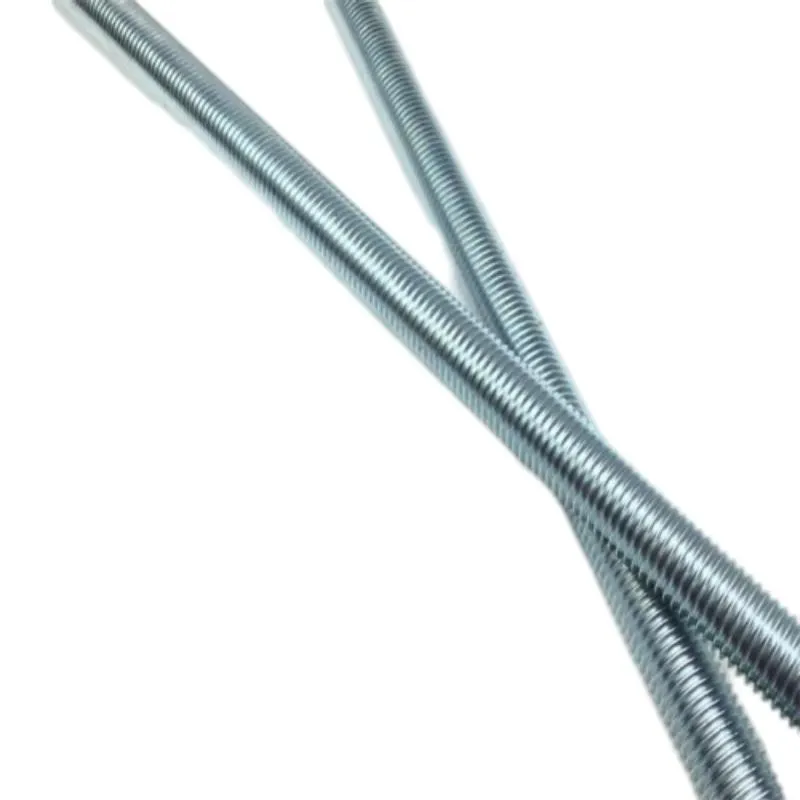Pro . 30, 2024 07:37 Back to list
Understanding the Purpose of Hex Bolts in Construction and Manufacturing
Understanding Hex Bolts Their Functions and Applications
Hex bolts, often referred to simply as hex head bolts, are one of the most common types of fasteners used in various industries today. These versatile components come in a hexagonal shape, which allows for easy tightening and loosening with a wrench, making them a popular choice in construction, manufacturing, and automotive applications. Understanding what a hex bolt is used for can provide insight into its broad relevance in everyday construction and engineering tasks.
What is a Hex Bolt?
A hex bolt is characterized by its six-sided head, which is designed to be gripped using a wrench. The body of the bolt is typically cylindrical, with a threaded shaft that allows it to be screwed into a nut or directly into a pre-tapped hole. Made from various materials, including steel, stainless steel, and alloys, hex bolts can be found in several grades, each suitable for different load requirements and environmental conditions.
Primary Uses of Hex Bolts
1. Structural Applications Hex bolts are widely utilized in structural applications, including bridges, buildings, and towers. Their strength and reliability make them ideal for connecting heavy components of structures where durability is paramount.
2. Machinery Assembly In the manufacturing sector, hex bolts are frequently used to assemble machinery. They secure various moving parts and components, ensuring that machinery operates efficiently and safely.
3. Automotive Industry The automotive industry relies heavily on hex bolts for the assembly of vehicles. From securing the engine components to attaching wheels and body panels, hex bolts play a critical role in vehicle safety and performance.
what is a hex bolt used for

4. Furniture Construction In furniture assembly, hex bolts are often used due to their ease of installation and the strong connection they provide. Many flat-pack furniture items include hex bolts for assembly, allowing for quick and straightforward construction.
5. Plumbing and Electrical Work Hex bolts are also common in plumbing and electrical applications. They can be used to secure fixtures, valves, and junction boxes, ensuring that installations are both strong and stable.
Advantages of Using Hex Bolts
One of the primary advantages of hex bolts is their ability to withstand high levels of tension and shear forces. This makes them an excellent choice for heavy-duty applications. Additionally, the hexagonal shape provides a larger surface area for gripping, allowing for more torque to be applied without slipping, thereby reducing the risk of stripping the head.
Another benefit is the availability of various coatings and finishes, such as zinc plating and galvanization, which enhance the bolt's resistance to corrosion. This property is particularly valuable in outdoor or high-moisture environments where rust can compromise the integrity of the fasteners.
Conclusion
In conclusion, hex bolts are indispensable components in numerous applications across various industries. Their unique design and strength make them suitable for structural, automotive, and other assembly needs. Whether you are constructing a new bridge, assembling a piece of furniture, or working on automotive repairs, hex bolts provide reliability and strength, ensuring that critical connections are stable. Understanding the various uses of hex bolts can lead to better choices in hardware selection, aiding in the overall success of any project. As technology and engineering practices evolve, the fundamental role of hex bolts in construction and manufacturing remains a vital part of securing our everyday environments.


